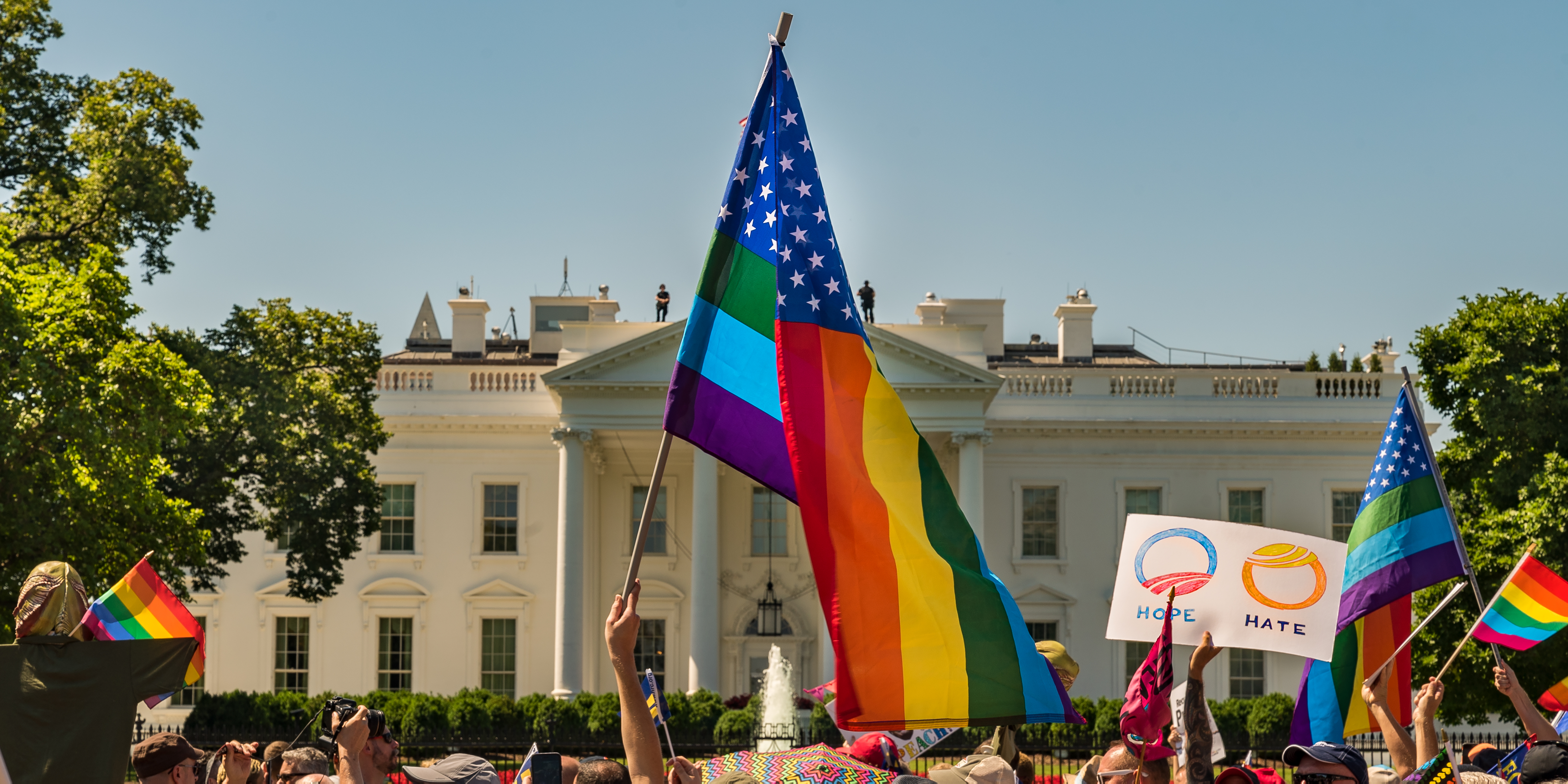
Giuliano D’Orazio
October is LGBTQIA+ History Month, so I thought I’d take a moment to look back at Worcester’s own queer history. My space here is limited, and the history of Queer Worcester is rich, so as a nightlife and events column, I’m going to focus on the local history of queer nightlife and gay spaces. As queer folks, our history has not traditionally been accurately recorded alongside the mainstream, and so often young people in our community are largely unexposed to the people, places and events that shaped the culture they now inhabit. That’s why I think initiatives like the Worcester Historical Museum’s For The Record: LGBTQ+ Worcester are so vital. The project compiled historical records that had previously only existed in various, hard-to-find places, and created an exhibit which ran at the museum through most of 2019. A beautiful and comprehensive full-color catalogue accompanied the exhibit, and if you missed it in person, you can still get a copy through the Historical Museum. The catalog was compiled by Joseph F. Cullon (WPI), Robert Tobin (Clark) and Stephanie E. Yuhl (Holy Cross, Harvard Graduate School of Design), and I’ve used it as a reference for this article.
One of the recurring themes I hear in Queer Worcester amongst my millennial peers and those younger, is the need for more queer spaces in our city. One might be surprised to learn that there were actually more nightlife spaces specifically catering to gays and lesbians in decades past. Throughout the mid twentieth century, bars like The New Yorker, Ports O’ Call, Exit II, and the Mailbox (from which today’s MB Lounge descended), all served Worcester’s then mostly underground gay community. Further into the 70s and 80s, the popularity of disco music and dance clubs lead to the rise of Club 241 (opening in 1987), which was described as a center of gay life for the better part of a decade. The Floating Dancefloor was a biweekly lesbian dance party which took place at a local VFW, offering a social gathering for queer women outside of the local bar scene. Sadly, the decline in explicitly gay, lesbian or more broadly queer spaces is not unique to Worcester, and has been an unfortunate trend of the past several decades. Many point to the increased mainstream acceptance of queer folks as a reason for this decline. As the need to hide our identities decreased, the need for sheltered space decreased — at least for gay men and lesbian women. The most marginalized members of our community, sadly still face high levels of descrimination and violence, making the need for safe and affirming queer space as in-demand as ever.
As we all know, when it comes to opening businesses, money talks and economics is a game of supply and demand. I hope that in the coming years, as a younger more diverse generation of queer folks come of age, we’ll band together to invest in all members of our community by building a demand for spaces that are truly inclusive of all. Worcester loves to talk of “renaissance”, so how about a queer one?
If anyone is interested in contributing their story to the record, email David Conner at davidconner@worcesterhistory.net
Bio
Giuliano D’Orazio (he/him) is a Worcester native, musician, music educator, member of the queer community, and a board member of Love Your Labels.
Email: giulianodoraz@gmail.com
Instagram: @musicbygiuliano





